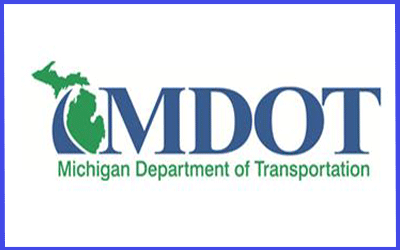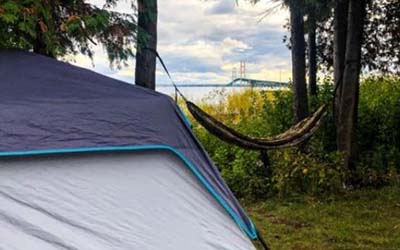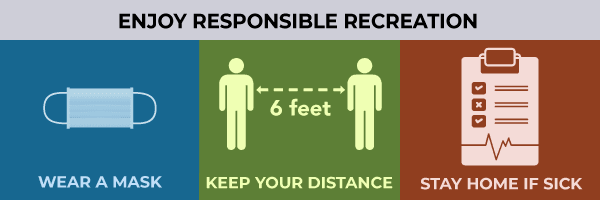
Elaborate Licensing Scam Costs Couple Their Life-Savings
|
|

|
|

FOR IMMEDIATE RELEASE CONTACT: Courtney Bates, MDOT Office of Communications, 517-242-0950, BatesC@Michigan.gov National Work Zone Awareness Week: Fast facts:
April 26, 2021 — Fall 2020 was a time of tragedy for Michigan’s road and bridge workers. In a matter of three months, five road workers had been struck and killed and three more injured in work zone crashes. As the Michigan Department of Transportation (MDOT) and other road agencies around the state begin another season of rebuilding and maintaining Michigan’s roads and bridges, it is critical that drivers, passengers, and workers take work zone safety seriously. In 2020, preliminary work zone crash information shows that there were:
Michigan is hosting National Work Zone Awareness Week (NWZAW), the annual spring campaign to encourage safe driving through work zones, being held April 26-30. This year’s theme, “Drive Safe. Work Safe. Save Lives,” emphasizes the importance of driving safely and workers making safety a priority to ensure that we all work together to save lives in work zones. A media event will be held on April 27, featuring transportation, safety, and government officials from across the country. Watch it live on MDOT’s Livestream channel at https://livestream.com/mdot/ As Gov. Gretchen Whitmer’s $3.5 billion Rebuilding Michigan program gets underway, major work will be happening on some of the state’s most vital freeways and bridges over the next few years. Motorists are urged to think about the people doing that work and the risks they face when drivers speed through work zones. “As we deliver on the promise to fix Michigan’s roads and bridges, the safety of our road workers is our priority,” said Gov. Whitmer. “Michigan’s road workers should be able to safely do their jobs without fear of a crash. We can all help by committing to slowing down and paying attention in work zones as the construction season gets under way.” “The number one safety feature in any vehicle is the driver,” said State Transportation Director Paul C. Ajegba. “Lives can be saved and tragedies avoided if rules are followed and focus is maintained at all times, but we all need to work together.” To show your support for the safety of road workers and everyone on the road, MDOT and its statewide safety partners are asking you to “Go Orange” this Wednesday, April 28. At home or in the field, show your support by sharing a photo on social media of you or your team wearing orange, including the hashtags #Orange4Safety and #NWZAW. MDOT reminds everyone to know before you go. Check www.Michigan.gov/Drive Since 2000, NWZAW is part of the Toward Zero Deaths (TZD) national safety campaign, a vision of eliminating fatalities on our nation’s roads. |

|
||||||||||||
|
||||||||||||
|

|
|||||||||
News Digest – Week of April 26, 2021
Check out the new foraging webpages for tips on finding wild, edible treats like morel mushrooms. |
|||||||||
|
|||||||||
 |

|
Media Contact: Lynsey Mukomel FOR IMMEDIATE RELEASE: Attorney General Nessel Announces
|